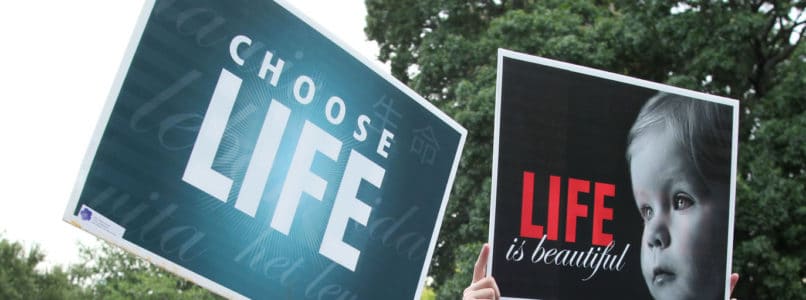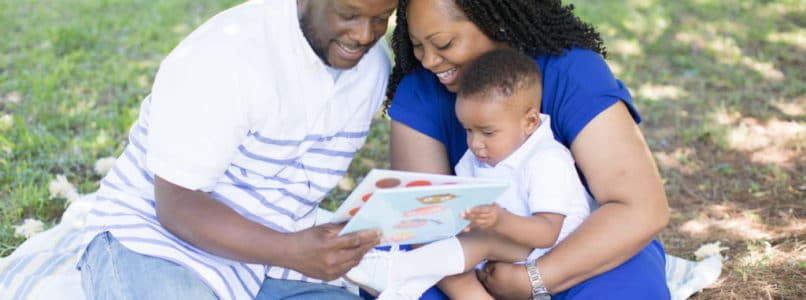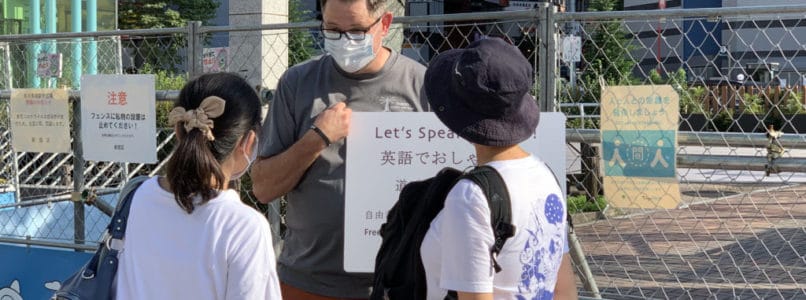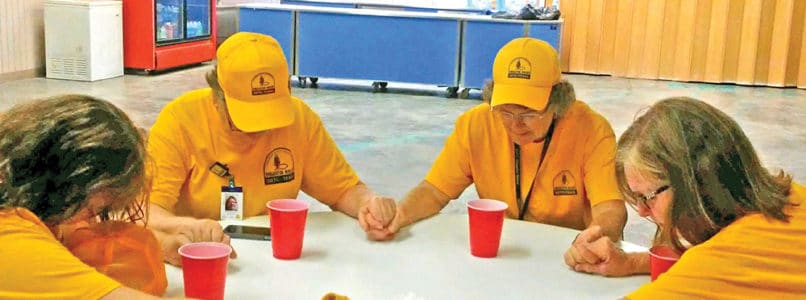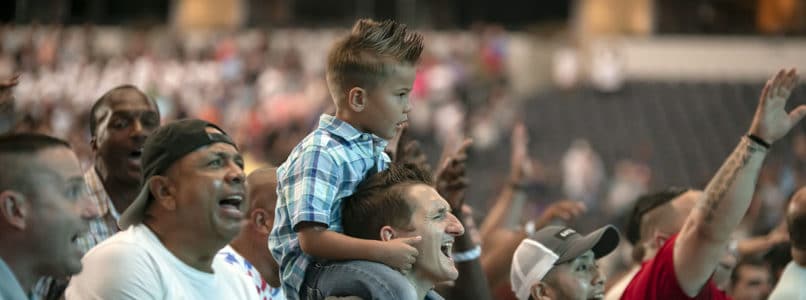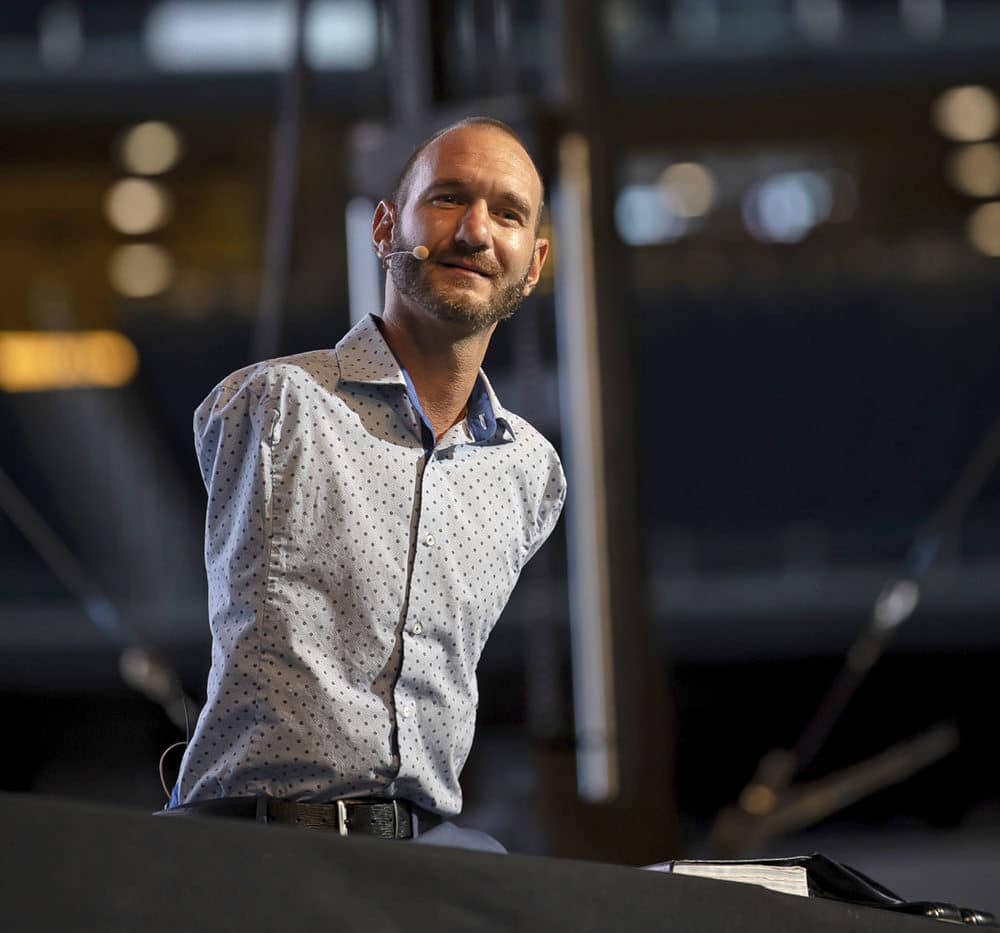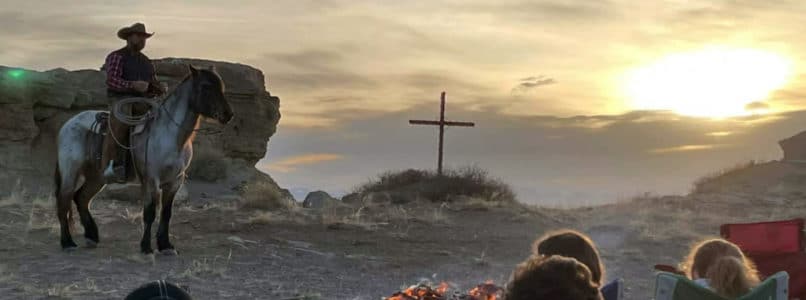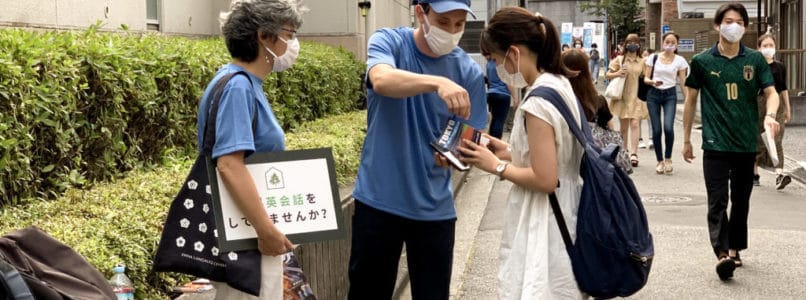WASHINGTON (BP)—The Southern Baptist Convention’s ethics entity has joined other religious organizations in urging the U.S. Supreme Court to overturn its decisions that support a right to abortion.
The Ethics & Religious Liberty Commission (ERLC) signed onto a friend-of-the-court brief filed Tuesday (July 27) that calls for the reversal of the 1973 Roe v. Wade ruling that legalized abortion nationwide and the 1992 Planned Parenthood v. Casey opinion that affirmed the Roe decision but permitted some state regulation of the procedure. The ERLC and five other organizations joined in a brief filed by the U.S. Conference of Catholic Bishops (USCCB) regarding a case involving Mississippi’s ban on abortions of unborn children whose gestational age is more than 15 weeks.
The high court’s rule in the Roe and Casey opinions that prohibited states from banning abortions before an unborn child is viable “is deeply flawed,” the brief said. “These decisions, insofar as they impede the ability of states to prohibit abortion before viability, should be overruled.”
The Supreme Court, which announced in May it would rule in Dobbs v. Jackson Women’s Health Organization, has yet to schedule arguments for the case in its next term, which begins in October. The court is expected to issue an opinion in the case before it adjourns next summer.
“For too long, the Roe and Casey decisions have allowed our nation to turn a blind eye to the plight of those who have no voice,” said Chelsea Sobolik, the ERLC’s acting director of public policy. “Our brief asks the Court to overturn those two cases and set a new precedent that respects every life.
“With each passing day, more and more people recognize preborn lives are worthy of protection,” she told Baptist Press in written comments. “The Dobbs case provides another chance for the Court to come to that same conclusion and affirm the fundamental right to life.”
Brent Leatherwood, the ERLC’s vice president of external affairs and chief of staff, said, “Government has many responsibilities. Chief among them is protecting innocent life. How much more important is that responsibility when it comes to protecting preborn lives that cannot speak for themselves?
“Christians have long pleaded the case for America to recognize the inherent dignity of our most vulnerable neighbors,” he said in a written statement. “This case gives us another opportunity to do so. Until that happens, our nation will not be able to fully achieve that lofty goal of being a land that preserves life, liberty and the pursuit of happiness for every individual.”
By accepting Mississippi’s appeal, the Supreme Court has the chance to rein in a legal regime inaugurated nearly 50 years ago that has made the United States one of the most permissive countries in the world regarding abortion rights. A study released July 27 by the pro-life Charlotte Lozier Institute showed 47 of 50 European nations do not permit elective abortions or restrict them to 15 weeks or earlier.
In their May order in response to Mississippi’s appeal of a lower-court opinion, the justices said they would limit their ruling to whether, as the state told the court, “all pre-viability prohibitions on elective abortions are unconstitutional.” Viability for an unborn child, or the ability to survive outside the womb, is typically considered to be several weeks after the limit set by Mississippi’s 2018 Gestational Age Act.
The ERLC-endorsed brief requested the high court uphold the Mississippi ban and said the U.S. Constitution “does not create a right to an abortion of an unborn child before viability or at any other stage of pregnancy. An asserted right to abortion has no basis in constitutional text or in American history and tradition.”
The Roe decision’s reliance on the due process clause of the 14th Amendment was misplaced, according to the brief. “There is no evidence that the framers of the [14th] Amendment thought they were creating a right to abortion at any stage of pregnancy,” the brief said. By the close of 1868, when that amendment was ratified, 30 of the then-37 states had prohibited abortion, according to the brief.
The justices’ decision in Roe to establish viability as the time before which a state may not ban abortion “creates two classes of unborn children whose legal status depends on the ability of then-current medical technology to keep them alive, a distinction that is constitutionally irrelevant,” the brief said.
The viability rule is “entirely arbitrary,” according to the brief. Neither Roe nor Casey nor another opinion has offered a “principled justification” for the court’s rule regarding viability, the brief said.
States have an interest in protecting human life, as well as medical ethics and integrity, according to the brief. “Abortion involves the purposeful taking of an innocent human life and, like the homicide of a born person, it is a proper subject of prohibition by the state,” the brief said. “It does not offend the Constitution for the state to forbid the healing professions to cause or assist in causing an intentional killing.”
The high court’s Roe and Casey opinions mean “no finality is ever attained as to the permissibility” of state abortion regulations, according to the brief. The abortion issue should be returned to the states, the brief said.
The Roe ruling struck down abortion restrictions in all states and, combined with the Doe v. Bolton companion decision, had the effect of legalizing abortion throughout pregnancy for any reason. If Roe were reversed, states would once again decide abortion policy.
In addition to the ERLC, other organizations signing onto the USCCB brief were the National Association of Evangelicals, Lutheran Church-Missouri Synod, the Catholic dioceses of Biloxi and Jackson, Miss., and the Assembly of Canonical Orthodox Bishops of the USA.
A federal judge ruled in 2018 the Mississippi law is unconstitutional because it prohibits pre-viability abortions. The Fifth Circuit Court of Appeals in New Orleans affirmed the ruling the following year.
The confirmation during the Trump administration of three justices considered to be conservatives has given pro-life advocates hope the high court is ready to use a state law as the vehicle to overturn Roe and Casey. Some state legislatures with pro-life majorities have passed prohibitions that take effect even earlier than that enacted by Mississippi.
Mississippi’s ban permits an exception for threats to the life or “substantial and irreversible impairment of a major bodily function” of the mother. It also allows an exception for a “severe fetal abnormality” that “is incompatible with life outside the womb.”
The brief is available at https://www.supremecourt.gov/DocketPDF/19/19-1392/185030/20210727130348783_13-1932.Dobbs.final.pdf.

